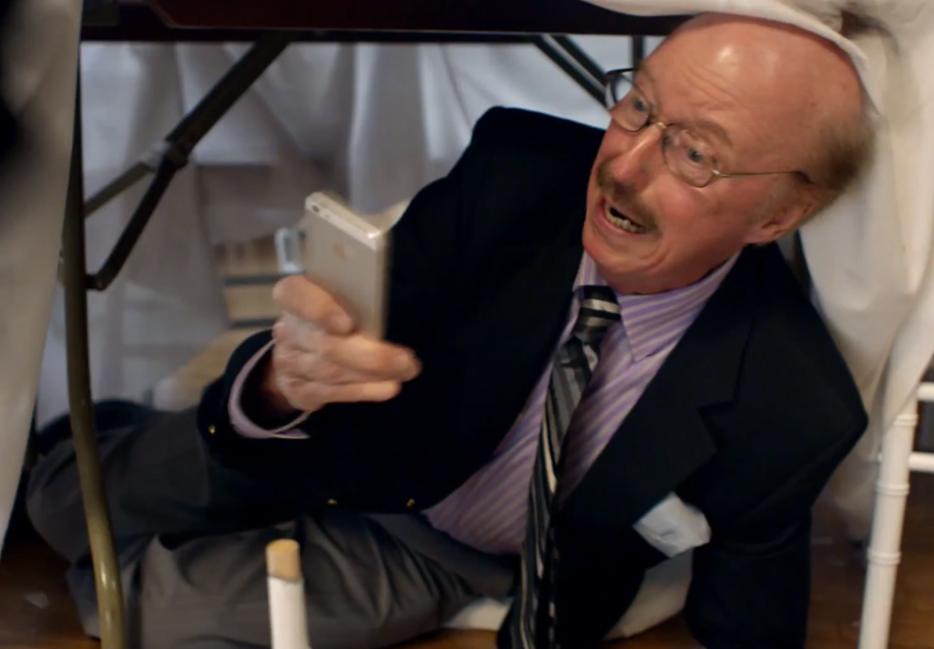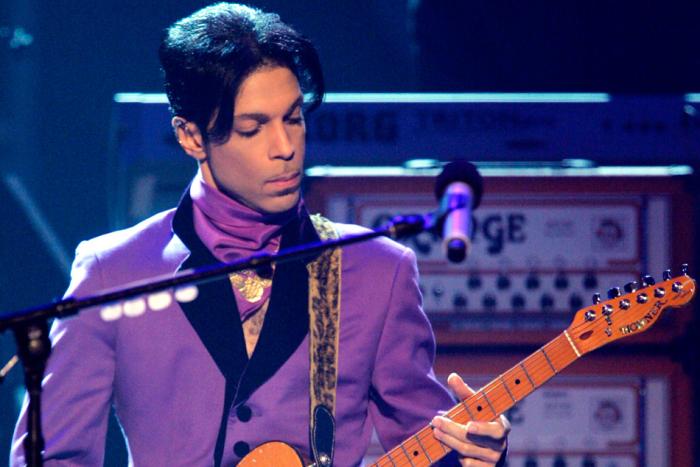Marketing has long since ceased shilling the virtues of a product. It is now about conjuring an ethos, then associating a product with that idea. If you want to get a sense of how to do that spectacularly wrong, you need look no further than Microsoft.
Witness its latest abomination, a Windows Phone ad in which a wedding party descends into chaos after iPhone and Android users exchange barbs. Amidst the ensuing food-fight madness, two attractive wait-staff—the reception was in the church, apparently?—comment on how the fight is futile because… Windows Phone! It’s a thing that exists! And may or may not have features you want! We don’t really know, because they don’t say. As a friend on Twitter pointed out, even their legal disclaimers are weird: “Do not attempt” appears beneath the nuptial brawl. Uh, thanks Microsoft, I’ll keep that in mind.
It’s so disarming because its emotional pull produces an empty space in the viewer: here is modernity, and you just need one last thing to take your place in the midst of life’s pleasures. It is modern marketing crystallized in that it creates an association between the product and the well-lived life by saying almost nothing at all, relying on the seductiveness of images to do all the talking.
Microsoft’s ad clearly fails, but in doing so, calls attention to the insidiousness of advertising, its basic reliance on colonizing the processes of being an individual. Apple’s ad relies on the same principle, but because it’s good, all it must do is curl its alluring outstretched finger and beckon. Given the choice as a citizen rather than a consumer, I’d take Microsoft’s spectacular failure in a heartbeat.






